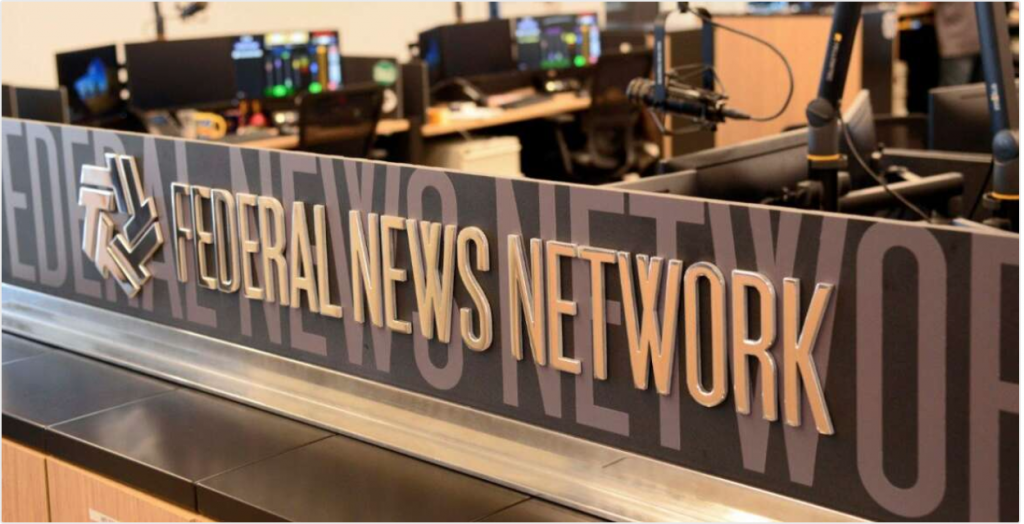Defense Columnist Advocates Greater Innovation under New Administration
Scott Maucione, a defense columnist for the Federal News Network, says the United States could fall behind in new technology for defense as China and Russia invests in advances like AI, while the Pentagon relies on “legacy systems and old-guard defense companies.”
Maucione quotes Steve Blank, a tech entrepreneur and former Defense Business Board member, and Trae Stephens, co-founder of Anduril Industries and partner at Founders Fund, who advocates “supercharging” new tech efforts by tapping into Silicon Valley.
“This is kind of the perfect storm for a sea change in Department of Defense, particularly when we were the leader,” Blank told Federal News Network. “You have to squint hard to see something that isn’t a legacy in DoD’s acquisition plans. I’m not suggesting they’re all wrong, I’m asking where are the new things that will get us ahead. That’s the innovation dilemma of DoD. They’re still operating under the McNamara era in 1960s: contained cost, lifecycle management, etc.”
He noted that the Army is trying to remove legacy systems and is investing in hypersonics and AI. Blank, however, says it takes the DoD a couple of years to institute upgrades, which is too long when tech can completely change within three years.
“Requirements are a problem and how they get written. Our core problem is a lack of imagination,” Blank said. “How the Chinese caused hundreds of billions, if not trillions of dollars of U.S. naval weapons by simply using dredging ships to build islands in the South China Sea — that didn’t require operational concepts, that required some vision. There’s probably a 30-foot statue of some Chinese colonel somewhere who had that idea. We require a little more alacrity, a little more urgency, and some new processes. We require an innovation doctrine, something that’s quite different than what we’re doing today.”
“We need to hold more competitions for the best technology and actually reward the winners of those competitions,” Stephens said. “If you say, ‘We’re going to have a competition for some new piece of technology, and here are like three exercises that we’re going to hold.’ At the end of those three exercises, if you don’t give out a meaningful contract, then people are going to start losing trust in your willingness to actually reward people’s work. That’s highly problematic.”
Blank and Stephens say the DoD needs an innovation fund to work directly with companies to adapt technologies they’ve already developed, instead of developing them from scratch. They also suggest holding more competitions and awarding the winners with contracts.
“We’re throwing out literally hundreds of millions of dollars to let seeds bloom through small business innovation research grants and other transaction authorities,” Stephens said. The problem is that none of those seeds that we’re planting are really blooming into significantly scaled production capabilities. That’s because it takes five years to go from a pilot to a program record. A company’s funding cycle in the private market is like every 18 months. They need to go out and raise additional capital and show milestones. Basically, the company is dead once the product gets to the point of technical, technological maturity that would allow it to scale inside the department.”
read more at federalnewsnetwork.com








Leave A Comment